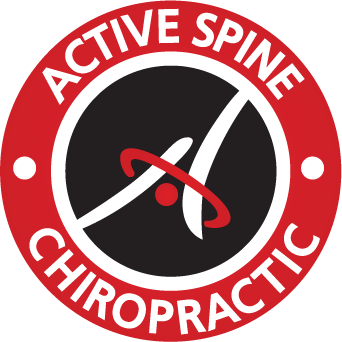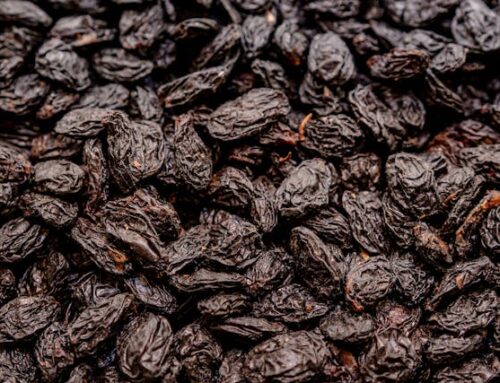 Choline is an essential nutrient that plays a crucial role in various bodily functions, including brain development, nerve function, metabolism, and liver health. In this article, we will explore the significance of choline in the diet, its food sources, recommended intake, potential drawbacks, and whether it should be used as a supplement.
Choline is an essential nutrient that plays a crucial role in various bodily functions, including brain development, nerve function, metabolism, and liver health. In this article, we will explore the significance of choline in the diet, its food sources, recommended intake, potential drawbacks, and whether it should be used as a supplement.Choline in the Diet:
Choline can be obtained through both dietary sources and synthesized within the body. However, the body’s ability to produce sufficient amounts of choline is often inadequate, making dietary intake crucial. Good dietary sources include:
1. Eggs: Egg yolks are one of the richest sources, providing approximately 147 mg per large egg.
2. Meat and Poultry: Organ meats, such as liver, have the highest amounts. Beef, chicken, and turkey also contain moderate amounts.
3. Seafood: Fish like salmon, cod, and shrimp are excellent sources.
4. Dairy Products: Milk, cheese, and yogurt contain moderate amounts.
5. Legumes: Soybeans, chickpeas, and lentils are plant-based sources.
6. Nuts and Seeds: Almonds, flaxseeds, and peanuts are good sources.
Recommended Intake:
The recommended daily intake of choline varies depending on age, sex, and life stage. The National Institutes of Health (NIH) provides the following guidelines:
– Infants (0-6 months): 125 mg
– Infants (7-12 months): 150 mg
– Children (1-3 years): 200 mg
– Children (4-8 years): 250 mg
– Males (9-13 years): 375 mg
– Females (9-13 years): 375 mg
– Males (14-18 years): 550 mg
– Females (14-18 years): 400 mg
– Males (19+ years): 550 mg
– Females (19+ years): 425 mg
– Pregnant women: 450 mg
– Breastfeeding women: 550 mg
Negative Attributes and Considerations:
While choline is generally safe and beneficial, excessive intake through supplements may have some negative attributes. High doses of choline supplements can cause gastrointestinal distress, including diarrhea and nausea. Additionally, some studies have suggested a potential link between high choline intake and an increased risk of cardiovascular disease, although more research is needed to establish a definitive connection.
Supplementation:
While it is generally recommended to obtain nutrients through a balanced diet, some individuals may benefit from choline supplementation. This includes pregnant women, athletes, vegetarians/vegans, and those with certain medical conditions. However, it is crucial to consult with a healthcare professional before starting any supplementation regimen to determine the appropriate dosage and ensure it aligns with individual needs.
Conclusion:
Choline is an essential nutrient that plays a vital role in various bodily functions. Incorporating these foods into your diet, such as eggs, meat, seafood, and legumes, can help meet the recommended daily intake. While choline supplements may be beneficial for specific populations, it is important to exercise caution and seek professional advice. Remember, a well-balanced diet that includes choline and other B vitamins is key to maintaining optimal health.
for more info, click here






